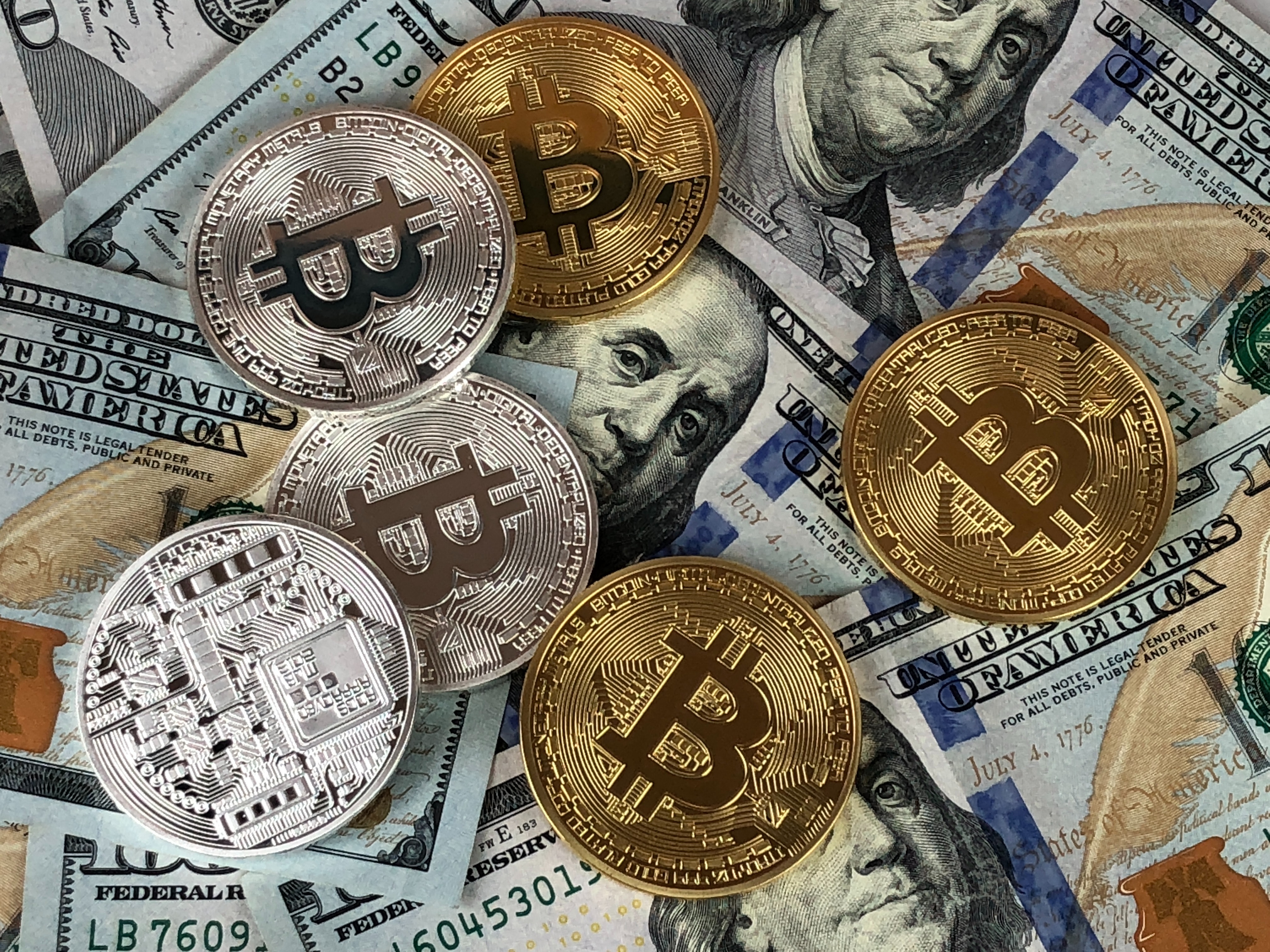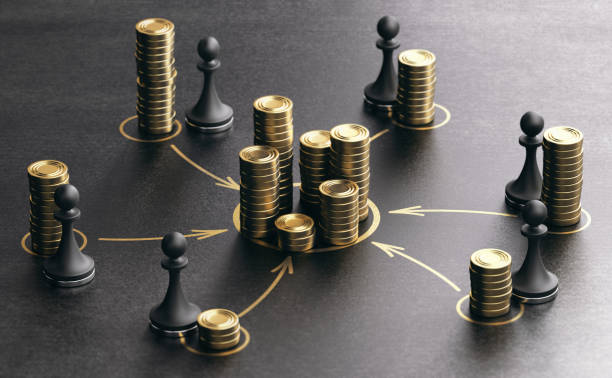Currency. It’s the green stuff, the plastic fantastic, the digital digits that dance in our bank accounts. It’s what fuels our purchases, big and small, and it’s the invisible thread that connects us all in a global marketplace. But have you ever stopped to wonder how currency works, or why it even exists?
From Barter to Bitcoin: A Brief History of Money
For centuries, humans bartered goods and services directly. You might trade a basket of apples for a new pair of shoes, or a day’s labor for a roof over your head. But bartering wasn’t always efficient. What if you didn’t have anything the other person wanted? That’s where money came in.
Early forms of currency were often based on precious metals like gold and silver. These metals were valuable, portable, and relatively rare, making them ideal for trade. Coins stamped with the seal of a ruler or government guaranteed their value and made them easier to use than bars of metal.
Fast forward to today, and the world of currency is much more diverse. We have paper bills, plastic cards, and even digital currencies like Bitcoin. These new forms of currency are often backed by governments or central banks, but some operate independently.
The Many Roles of Currency
Currency plays several important roles in our economy:
- Medium of exchange: It allows us to buy and sell goods and services without having to barter directly.
- Store of value: It lets us save our purchasing power for future use.
- Unit of account: It provides a common measure for comparing the value of different goods and services.
The Forces that Shape Currency
The value of a currency is constantly changing, influenced by a variety of factors, including:
- Supply and demand: When there’s more of a currency in circulation than people want, its value goes down. Conversely, when there’s less currency available, its value goes up.
- Interest rates: Higher interest rates can make a currency more attractive to investors, driving up its value.
- Government policies: Governments can take steps to influence the value of their currency, such as printing more money or intervening in foreign exchange markets.
- Economic performance: A strong economy can lead to a stronger currency, while a weak economy can lead to a weaker currency.
The Future of Currency
The world of currency is constantly evolving. New technologies like blockchain are emerging, and some predict that digital currencies could eventually replace traditional forms of money. What the future holds for currency remains to be seen, but one thing is for sure: it will continue to play a vital role in our lives and in the global economy.
So, the next time you hand over a bill or tap your card, take a moment to appreciate the fascinating world of currency and the role it plays in our everyday lives.
Remember: This article is just a starting point. There’s so much more to learn about currency, from the history of different currencies to the complex workings of international finance. If you’re interested in learning more, there are plenty of resources available online and in libraries.



